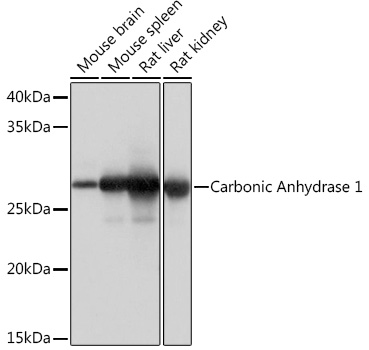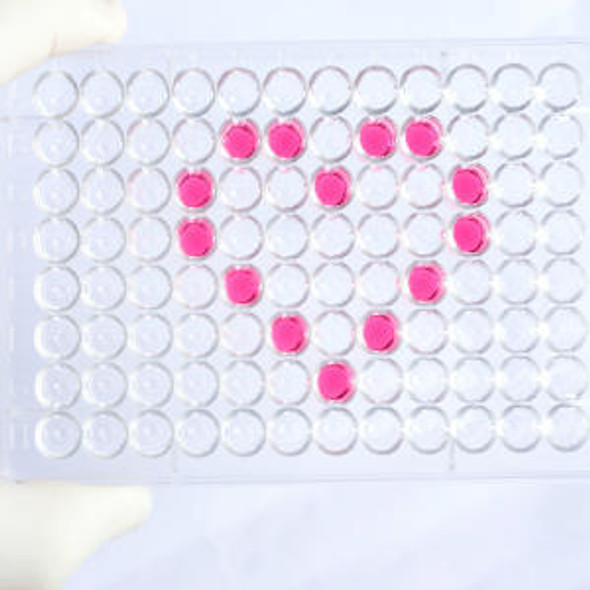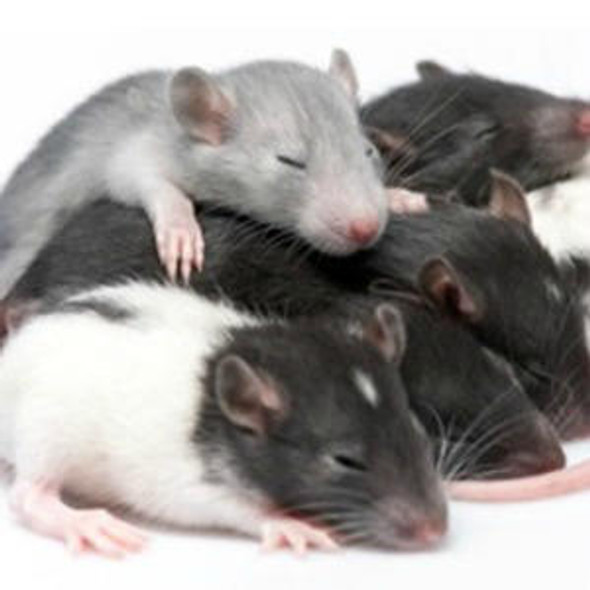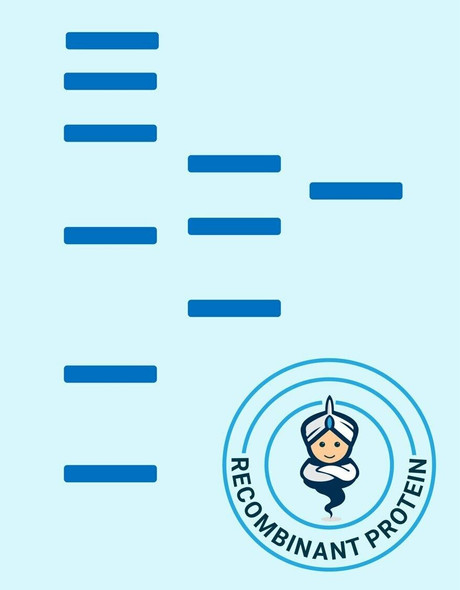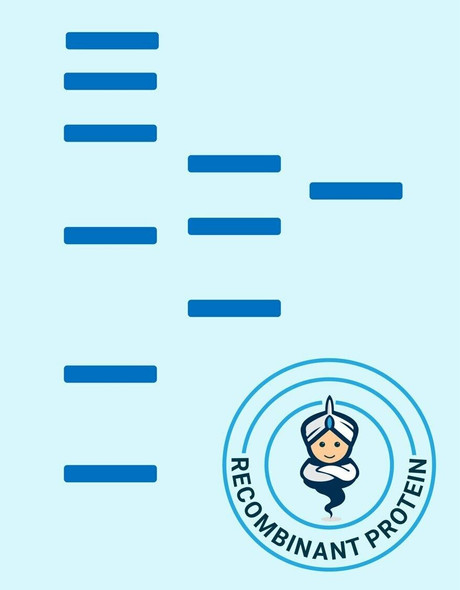Anti-Carbonic Anhydrase 1 Antibody (CAB4406)
- SKU:
- CAB4406
- Product type:
- Antibody
- Reactivity:
- Mouse
- Rat
- Host Species:
- Rabbit
- Isotype:
- IgG
- Research Area:
- Cell Biology
Frequently bought together:
Description
| Antibody Name: | Anti-Carbonic Anhydrase 1 Antibody |
| Antibody SKU: | CAB4406 |
| Antibody Size: | 20uL, 50uL, 100uL |
| Application: | WB |
| Reactivity: | Mouse, Rat |
| Host Species: | Rabbit |
| Immunogen: | A synthesized peptide derived from human Carbonic Anhydrase 1 |
| Application: | WB |
| Recommended Dilution: | WB 1:500 - 1:2000 |
| Reactivity: | Mouse, Rat |
| Positive Samples: | Mouse brain, Mouse spleen, Rat liver, Rat kidney |
| Immunogen: | A synthesized peptide derived from human Carbonic Anhydrase 1 |
| Purification Method: | Affinity purification |
| Storage Buffer: | Store at -20°C. Avoid freeze / thaw cycles. Buffer: PBS with 0.02% sodium azide, 0.05% BSA, 50% glycerol, pH7.3. |
| Isotype: | IgG |
| Sequence: | Email for sequence |
| Gene ID: | 759 |
| Uniprot: | P00915 |
| Cellular Location: | |
| Calculated MW: | 29kDa |
| Observed MW: | 29KDa |
| Synonyms: | CA-I, CAB, Car1, HEL-S-11 |
| Background: | Carbonic anhydrases (CAs) are a large family of zinc metalloenzymes that catalyze the reversible hydration of carbon dioxide. They participate in a variety of biological processes, including respiration, calcification, acid-base balance, bone resorption, and the formation of aqueous humor, cerebrospinal fluid, saliva and gastric acid. They show extensive diversity in tissue distribution and in their subcellular localization. This CA1 gene is closely linked to the CA2 and CA3 genes on chromosome 8. It encodes a cytosolic protein that is found at the highest level in erythrocytes. Allelic variants of this gene have been described in some populations. Alternative splicing and the use of alternative promoters results in multiple transcript variants. [provided by RefSeq, Nov 2016] |
| UniProt Protein Function: | CA1: Reversible hydration of carbon dioxide. Can hydrates cyanamide to urea. Belongs to the alpha-carbonic anhydrase family. |
| UniProt Protein Details: | Protein type:EC 4.2.1.1; Energy Metabolism - nitrogen; Lyase Chromosomal Location of Human Ortholog: 8q21.2 Cellular Component: cytosol Molecular Function:carbonate dehydratase activity; zinc ion binding Biological Process: bicarbonate transport; one-carbon compound metabolic process |
| NCBI Summary: | Carbonic anhydrases (CAs) are a large family of zinc metalloenzymes that catalyze the reversible hydration of carbon dioxide. They participate in a variety of biological processes, including respiration, calcification, acid-base balance, bone resorption, and the formation of aqueous humor, cerebrospinal fluid, saliva and gastric acid. They show extensive diversity in tissue distribution and in their subcellular localization. This CA1 gene is closely linked to the CA2 and CA3 genes on chromosome 8. It encodes a cytosolic protein that is found at the highest level in erythrocytes. Allelic variants of this gene have been described in some populations. Alternative splicing results in multiple transcript variants. [provided by RefSeq, May 2014] |
| UniProt Code: | P00915 |
| NCBI GenInfo Identifier: | 115449 |
| NCBI Gene ID: | 759 |
| NCBI Accession: | P00915.2 |
| UniProt Related Accession: | P00915 |
| Molecular Weight: | 261 |
| NCBI Full Name: | Carbonic anhydrase 1 |
| NCBI Synonym Full Names: | carbonic anhydrase I |
| NCBI Official Symbol: | CA1 |
| NCBI Official Synonym Symbols: | CAB; CA-I; Car1; HEL-S-11 |
| NCBI Protein Information: | carbonic anhydrase 1; carbonic anhydrase B; carbonate dehydratase I; epididymis secretory protein Li 11 |
| UniProt Protein Name: | Carbonic anhydrase 1 |
| UniProt Synonym Protein Names: | Carbonate dehydratase I; Carbonic anhydrase B; CAB; Carbonic anhydrase I; CA-I |
| Protein Family: | Cation-transporting ATPase |
| UniProt Gene Name: | CA1 |
| UniProt Entry Name: | CAH1_HUMAN |


